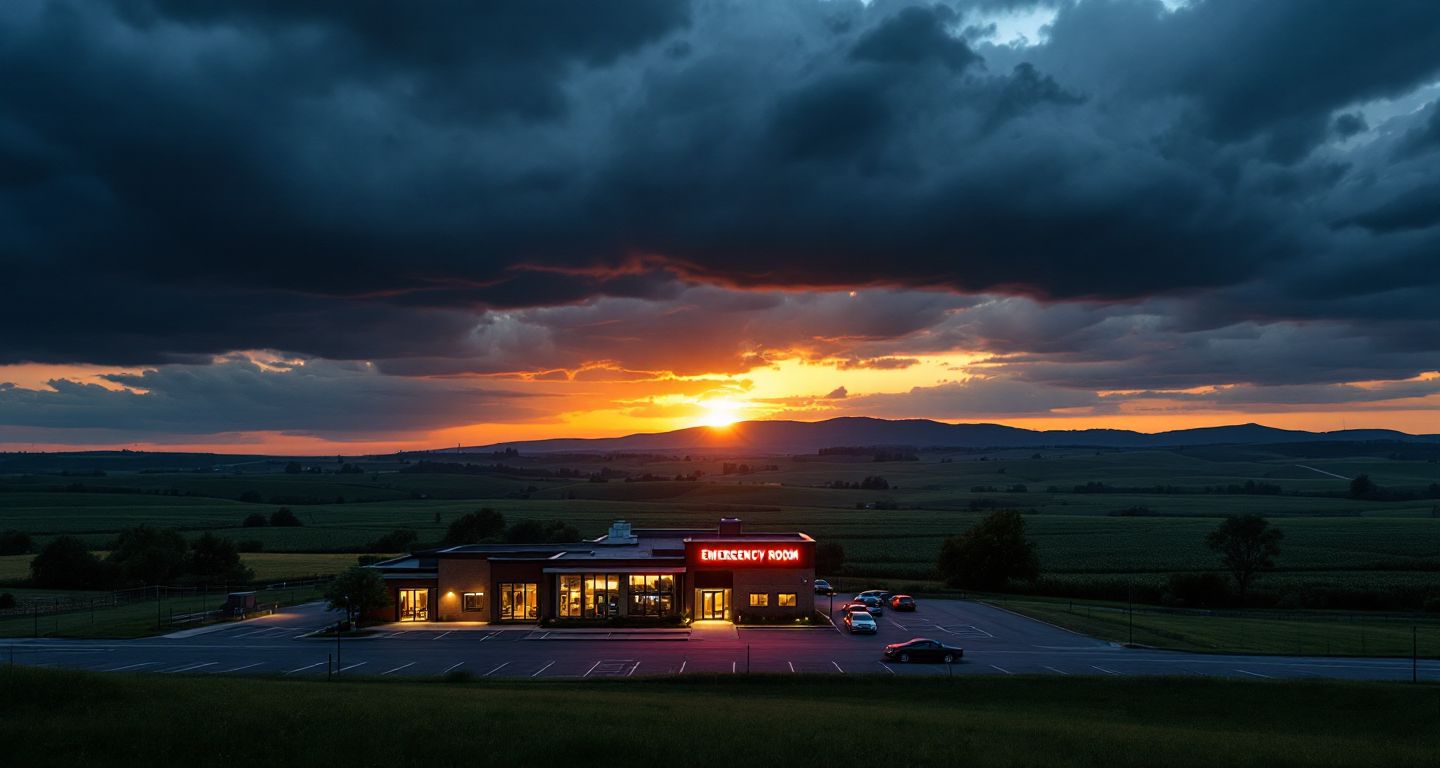
Kentucky Governor Warns of Devastating Impact on Families and Communities.
In a stark warning that echoes across America’s heartland, Kentucky Governor Andy Beshear has issued a powerful rebuke of Republican plans to slash Medicaid funding, calling the proposed cuts not just harmful to vulnerable families but politically perilous for the GOP.
“This is a really bad plan that is going to hurt families,” Beshear told NPR’s Morning Edition in a recent interview that laid bare the human cost of the proposed legislation. “This is going to cost Republicans not just in swing districts, but in many districts their seats.”
The House Republican proposal, which aims to cut $880 billion from Medicaid over the next decade, represents one of the most significant threats to healthcare access for low-income Americans in recent years. According to the nonpartisan Congressional Budget Office, these cuts would result in at least 8.6 million people losing health insurance coverage by 2034.
The Rural Healthcare Crisis Looms
For Kentucky, where half of all children and roughly a quarter of adults rely on Medicaid, the stakes couldn’t be higher. Beshear, who has emerged as one of the most vocal critics of the plan, emphasized that rural communities would bear the brunt of these cuts.
“Medicaid is the driving force behind rural health care,” Beshear stated on social media. “Without it, we’ll see hospital closures. We’ll see losses of jobs for nurses, doctors and everybody else who works in those facilities. But the worst thing is, we’ll see our families having to drive two hours, sometimes just to get a regular appointment to keep them healthy.”
I witnessed this reality firsthand while visiting eastern Kentucky last month. In counties where the local hospital serves as both a healthcare lifeline and economic anchor, the prospect of Medicaid cuts sends shivers through entire communities. One hospital administrator told me their facility receives up to 40% of its total revenue from Medicaid—a funding stream that, if significantly reduced, could force them to close their doors permanently.
Beyond Healthcare: Economic Devastation
The governor’s concerns extend beyond just healthcare access. In many rural counties, hospitals rank as the second-largest employer after the public school system. Slashing Medicaid funding would trigger a devastating economic chain reaction.
“If you remove coverage for millions of people, you remove significant revenue going into those hospital systems,” Beshear explained. “So what we’ll see are layoffs. We will see closures and we’ll see folks that live in rural America having to drive hours just to see a doctor.”
The Republican Proposal: Work Requirements and Eligibility Hurdles
The GOP plan includes several controversial provisions designed to reduce Medicaid enrollment:
- Work requirements: Recipients would need to work at least 80 hours per month, enroll in educational programs, or some combination
- More frequent eligibility checks: States would need to verify eligibility every six months instead of annually
- Restrictions on non-citizens: Federal funding would be blocked from states providing Medicaid coverage to undocumented immigrants
- Cuts to SNAP: An additional $230 billion in cuts to food assistance programs
Republicans argue these measures will reduce fraud and waste while preserving the program for those who “truly need it.” But Beshear dismisses this reasoning.
“If you’re worried that there’s fraud and abuse, there are units that are already out there that are going after bad providers,” he countered. “I ran one of them. Just about every attorneys general office has one.”
Instead, Beshear sees the proposal as deliberately creating bureaucratic hurdles. “This is an effort just to make it harder for people who already qualify to get the health care that they need,” he said.
A United Democratic Front
All 23 Democratic governors have signed a statement condemning the Republican plan, calling the cuts “disastrous” and warning they would rip away “quality, affordable health care from families, forcing rural hospitals to close their doors, and causing fiscal chaos across the country.”
The statement also rejects the notion that states could make up the difference, calling such suggestions “simply inaccurate and impossible.”
Political Calculations
Despite Republican control of both chambers of Congress and the White House, the Medicaid cuts face opposition even within GOP ranks. Missouri Senator Josh Hawley wrote in a New York Times opinion piece that slashing health insurance for the working poor is “both morally wrong and politically suicidal.”
President Donald Trump has repeatedly promised not to cut Medicaid, creating tension between his rhetoric and the congressional Republican agenda. Nevertheless, Trump has endorsed the House Republican plan, claiming that waste and fraud reduction will generate the necessary savings.
For Beshear and other Democrats, the political calculation is clear: Americans will react negatively to cuts that threaten their healthcare access.
“People understand Medicaid in a different way than they did 20 years ago,” Beshear noted. “They realize how important it is to their local economy and to their family.”
As this battle unfolds in Washington, the consequences will reverberate through doctor’s offices, hospital corridors, and family dinner tables across America. For millions of Americans—particularly those in rural communities—the outcome could determine whether healthcare remains within reach or becomes a luxury they can no longer afford.
